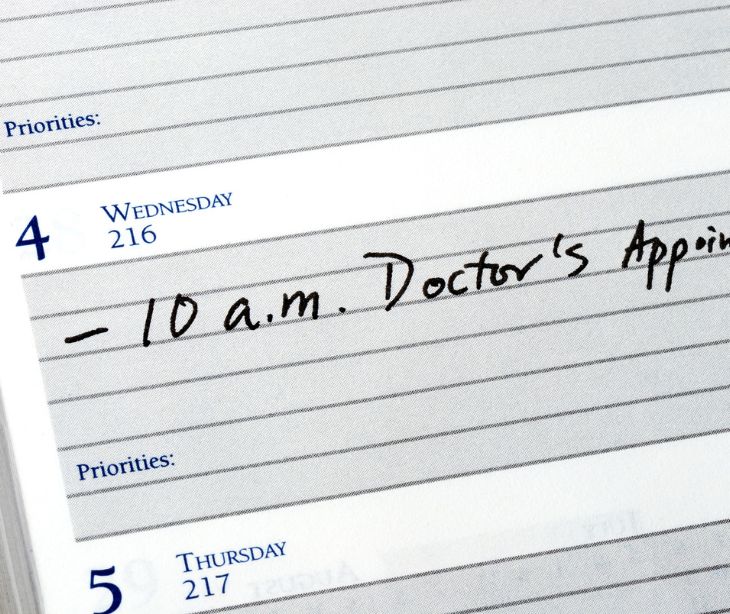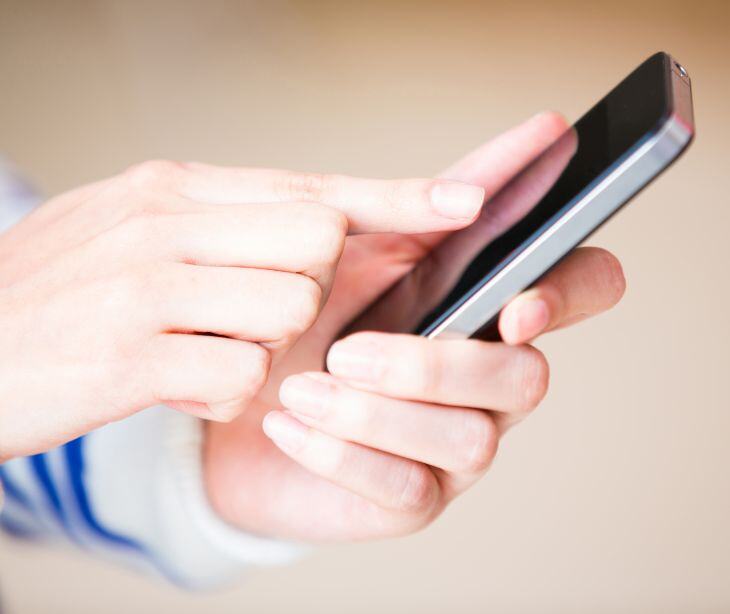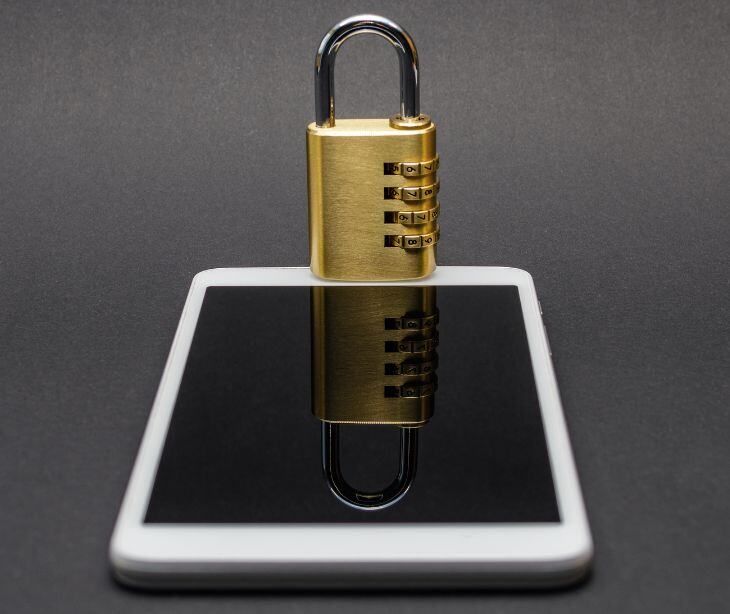2 min read
Best practices for HIPAA compliant appointment notifications
Kirsten Peremore
August 09, 2023

Appointment notifications often contain sensitive details about patients' health status and upcoming medical visits, making them subject to HIPAA's privacy and security requirements. By enforcing HIPAA compliance in appointment notifications, healthcare providers must implement necessary safeguards, encryption, and authentication measures, ensuring that patient information remains confidential and is transmitted securely.
Methods of sending secure appointment notifications
- HIPAA compliant email marketing: Healthcare providers can use encrypted email services that meet HIPAA requirements to send appointment notifications securely. These services use encryption to protect the content of the email and ensure that only authorized recipients can access the PHI.
- Secure messaging apps: Using secure messaging applications with end-to-end encryption can be an effective way to send appointment notifications. These apps ensure the messages are encrypted during transmission and can only be decrypted by the intended recipient.
- SMS/text messaging: When using text messaging for appointment reminders, it is required to ensure that messages are sent over a secure network and that patient information is not exposed in the message preview or on the device lock screen.
- Voice calls: Healthcare providers can make voice calls to deliver appointment reminders securely. However, care should be taken not to leave detailed appointment information on voicemail unless the patient has authorized this method.
- Secured online platforms: Utilizing secure online platforms with encrypted connections can offer a safe way to send appointment notifications and communicate with patients.
- HIPAA compliant appointment reminder services: Consider using appointment reminder services specifically designed to adhere to HIPAA regulations. These services are built to ensure secure and compliant communication with patients.
Can PHI be included in appointment notifications?
The PHI that can be included in appointment notifications typically includes the minimum necessary information needed for the patient to recognize the appointment and the relevant details. The key is to avoid unnecessary or excessive PHI that could compromise patient privacy. Some examples of PHI that can be included in appointment notifications are:
- Patient name: Including the patient's name is usually necessary for the patient to recognize the appointment as theirs.
- Appointment date and time: Providing the specific date and time of the appointment helps patients plan accordingly.
- Healthcare provider's name or facility: Identifying the provider or facility is necessary for patients to know where their appointment is scheduled.
- Contact information: Providing a phone number or email address for the healthcare provider's office allows patients to reach out for further information or rescheduling if needed.
- Appointment type or reason: Including a brief description of the appointment, such as "annual check-up" or "follow-up visit," can be helpful for patients to prepare for the visit.
Healthcare providers should always authenticate the patient's identity, no matter the method of transmitting appointment reminders. This can occur through an authentication message or email requiring confirmation from the patient.
Are appointment reminders opt-in or opt-out?
Opt-In
An opt-in approach means that patients explicitly consent to receive appointment notifications electronically. They actively choose to receive reminders through a specific communication channel, such as email, text message, or phone call. Implementing an opt-in process ensures that patients know the communication method and have agreed to receive electronic notifications before any messages are sent.
Opt-Out
An opt-out approach means that patients are automatically enrolled to receive appointment notifications electronically, but they can unsubscribe from such communications. The healthcare provider may send notifications via email, text, or phone call by default unless the patient decides to opt out of electronic communications.
Appointment reminders are opt-out
While most healthcare marketing messages must be opt-in, appointment reminders are an exception. You do not need specific permission to send an appointment reminder, but patients must be able to unsubscribe. According to the Department of Health and Human Services, "appointment reminders are considered part of treatment of an individual and, therefore, can be made without an authorization."
See also: Understanding opt-in and HIPAA compliant email marketing
Subscribe to Paubox Weekly
Every Friday we'll bring you the most important news from Paubox. Our aim is to make you smarter, faster.




